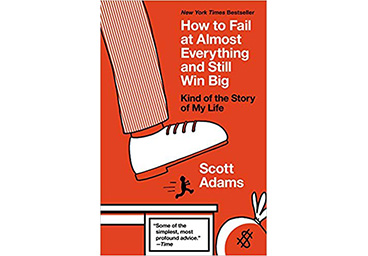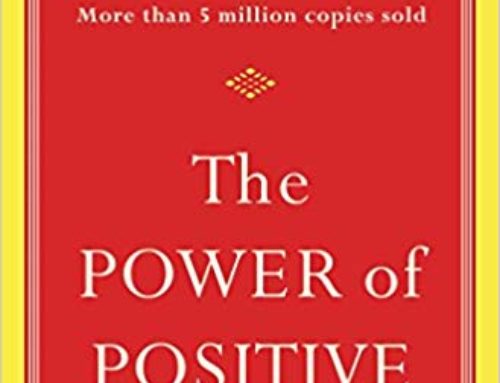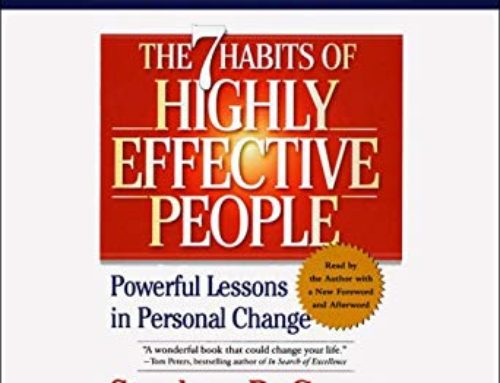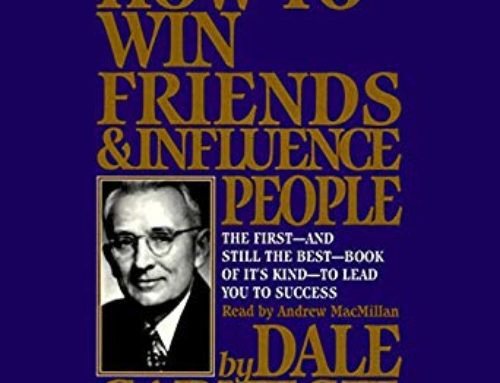How To Fail at Almost Everything and Still Win Big
This is a story of one person’s unlikely success within the context of scores of embarrassing failures. Was my eventual success primarily a result of talent, luck, hard work, or an accidental just-right balance of each? All I know for sure is that I pursued a conscious strategy of managing my opportunities in a way that would make it easier for luck to find me.
Do Creative Work First
In the morning, he is a creator, in the afternoon he’s a copier. Mindless tasks go later in the day. This is the single biggest change you can make to improve your odds of success.
On Expecting People to Be Reasonable
This sounds like you or someone you know. Trust me.
If your view of the world is that people use reason for their important decisions, you are setting yourself up for a life of frustration and confusion. You’ll find yourself continually debating people and never winning except in your own mind. Few things are as destructive and limiting as a worldview that assumes people are mostly rational.
3. The Most Important Form of Selfishness
We’re taught that being selfish is bad, but it all depends on how you look at it. Being selfish can be good.
The most important form of selfishness involves spending time on your fitness, eating right, pursuing your career, and still spending quality time with your family and friends.How to Fail at Almost Everything and Still Win Big: Kind of the Story of My Life is a 2013 nonfiction book by Scott Adams, creator of Dilbert. Adams shares many of the techniques and theories from his life which he believes can drive anyone to success.
How To Fail at Almost Everything
and Still Win Big






Leave A Comment
You must be logged in to post a comment.